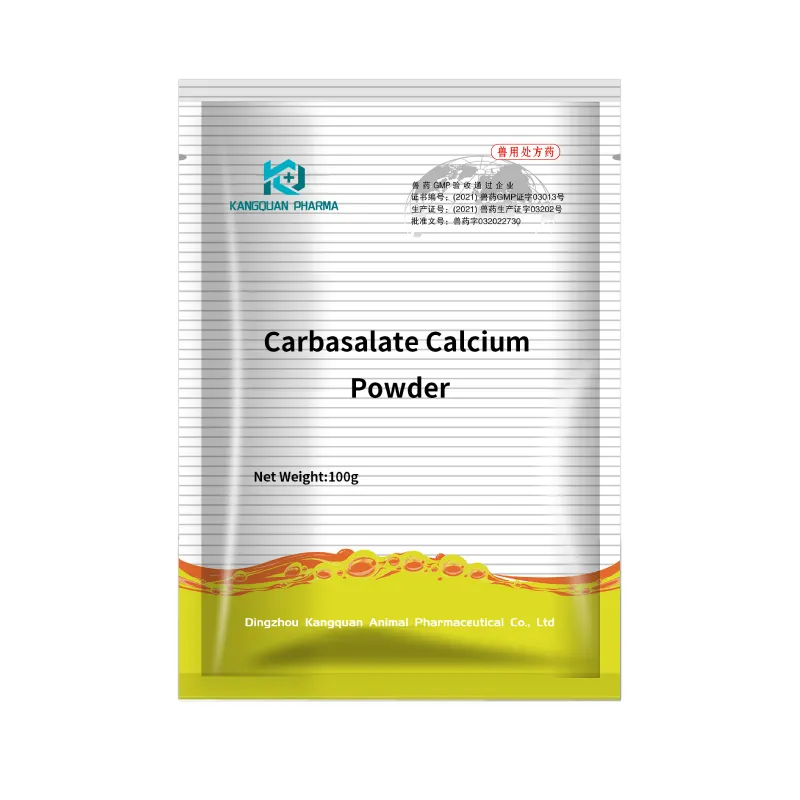- Afrikaans
- Albanian
- Amharic
- Arabic
- Armenian
- Azerbaijani
- Basque
- Belarusian
- Bengali
- Bosnian
- Bulgarian
- Catalan
- Cebuano
- Corsican
- Croatian
- Czech
- Danish
- Dutch
- English
- Esperanto
- Estonian
- Finnish
- French
- Frisian
- Galician
- Georgian
- German
- Greek
- Gujarati
- Haitian Creole
- hausa
- hawaiian
- Hebrew
- Hindi
- Miao
- Hungarian
- Icelandic
- igbo
- Indonesian
- irish
- Italian
- Japanese
- Javanese
- Kannada
- kazakh
- Khmer
- Rwandese
- Korean
- Kurdish
- Kyrgyz
- Lao
- Latin
- Latvian
- Lithuanian
- Luxembourgish
- Macedonian
- Malgashi
- Malay
- Malayalam
- Maltese
- Maori
- Marathi
- Mongolian
- Myanmar
- Nepali
- Norwegian
- Norwegian
- Occitan
- Pashto
- Persian
- Polish
- Portuguese
- Punjabi
- Romanian
- Russian
- Samoan
- Scottish Gaelic
- Serbian
- Sesotho
- Shona
- Sindhi
- Sinhala
- Slovak
- Slovenian
- Somali
- Spanish
- Sundanese
- Swahili
- Swedish
- Tagalog
- Tajik
- Tamil
- Tatar
- Telugu
- Thai
- Turkish
- Turkmen
- Ukrainian
- Urdu
- Uighur
- Uzbek
- Vietnamese
- Welsh
- Bantu
- Yiddish
- Yoruba
- Zulu
gru . 04, 2024 05:12 Back to list
amoxicilline injectable chien
Amoxicillin Injectable for Dogs A Comprehensive Overview
Amoxicillin is a widely used antibiotic in veterinary medicine, particularly for treating bacterial infections in dogs. As a synthetic penicillin, it is known for its broad spectrum of activity against various gram-positive and some gram-negative bacteria. This medication is often administered in injectable form, which allows for rapid absorption and response, making it an ideal choice for urgent care situations in veterinary clinics.
Mechanism of Action
Amoxicillin works by inhibiting the synthesis of bacterial cell walls. It targets the enzymes responsible for building the cell wall, leading to cell lysis and death in susceptible bacteria. This action is particularly effective against bacteria that are actively dividing and synthesizing new cell walls. As a result, amoxicillin is commonly used to treat a variety of infections, including skin infections, urinary tract infections, respiratory infections, and more in dogs.
Indications for Use
Veterinarians commonly prescribe injectable amoxicillin for conditions such as
1. Skin and Soft Tissue Infections Wounds, abscesses, and other skin infections where bacterial contamination is evident. 2. Respiratory Infections Infections of the lungs and upper respiratory system caused by susceptible bacteria. 3. Urinary Tract Infections Infections affecting the urinary bladder and kidneys. 4. Digestive Tract Infections Gastrointestinal infections caused by bacteria, which may lead to vomiting and diarrhea.
The choice to use an injectable formulation rather than oral medication is typically based on the severity of the infection, the dog's overall health status, and the need for immediate action
.Dosage and Administration
amoxicilline injectable chien

The dosage of injectable amoxicillin for dogs can vary based on the specific condition being treated, the animal's weight, and its overall health. A veterinarian will determine the appropriate dose and treatment duration. The drug is generally administered intramuscularly or intravenously, allowing for quick absorption into the bloodstream. In acute cases, the initial dosage may be higher, followed by maintenance doses as dictated by the veterinarian's evaluation of the dog's response to treatment.
Side Effects and Precautions
While amoxicillin is generally well-tolerated by dogs, it can cause side effects in some cases. Common side effects may include
- Gastrointestinal upset Diarrhea, vomiting, or loss of appetite may occur. - Allergic reactions Although rare, some dogs can develop allergic reactions, including hives, swelling, and difficulty breathing. In such cases, immediate veterinary attention is necessary.
Pet owners should always inform their veterinarian of any known allergies in their pets, as well as existing health conditions and medications, to prevent any adverse interactions. It is also important to complete the entire course of prescribed antibiotics, even if symptoms improve, to prevent the development of antibiotic-resistant bacteria.
Importance of Veterinary Guidance
Administering antibiotics without veterinary guidance can lead to misuse and potential complications. Owners should never attempt to use leftover antibiotics or medications prescribed for other pets without consulting a veterinarian. Proper diagnostics, including laboratory tests and cultures, are crucial in identifying the specific bacteria causing an infection and determining the appropriate antibiotic therapy.
Conclusion
Amoxicillin injectable is an important tool in veterinary medicine, providing quick and effective treatment for a wide range of bacterial infections in dogs. Its broad spectrum of activity and rapid action make it a go-to choice for veterinarians when addressing serious infections. However, responsible usage, proper diagnosis, and adherence to treatment protocols are essential to ensure the health and safety of the pet. Pet owners should always seek the guidance of a qualified veterinarian when considering antibiotic treatment to achieve the best outcomes for their furry companions.
-
Guide to Oxytetracycline Injection
NewsMar.27,2025
-
Guide to Colistin Sulphate
NewsMar.27,2025
-
Gentamicin Sulfate: Uses, Price, And Key Information
NewsMar.27,2025
-
Enrofloxacin Injection: Uses, Price, And Supplier Information
NewsMar.27,2025
-
Dexamethasone Sodium Phosphate Injection: Uses, Price, And Key Information
NewsMar.27,2025
-
Albendazole Tablet: Uses, Dosage, Cost, And Key Information
NewsMar.27,2025













